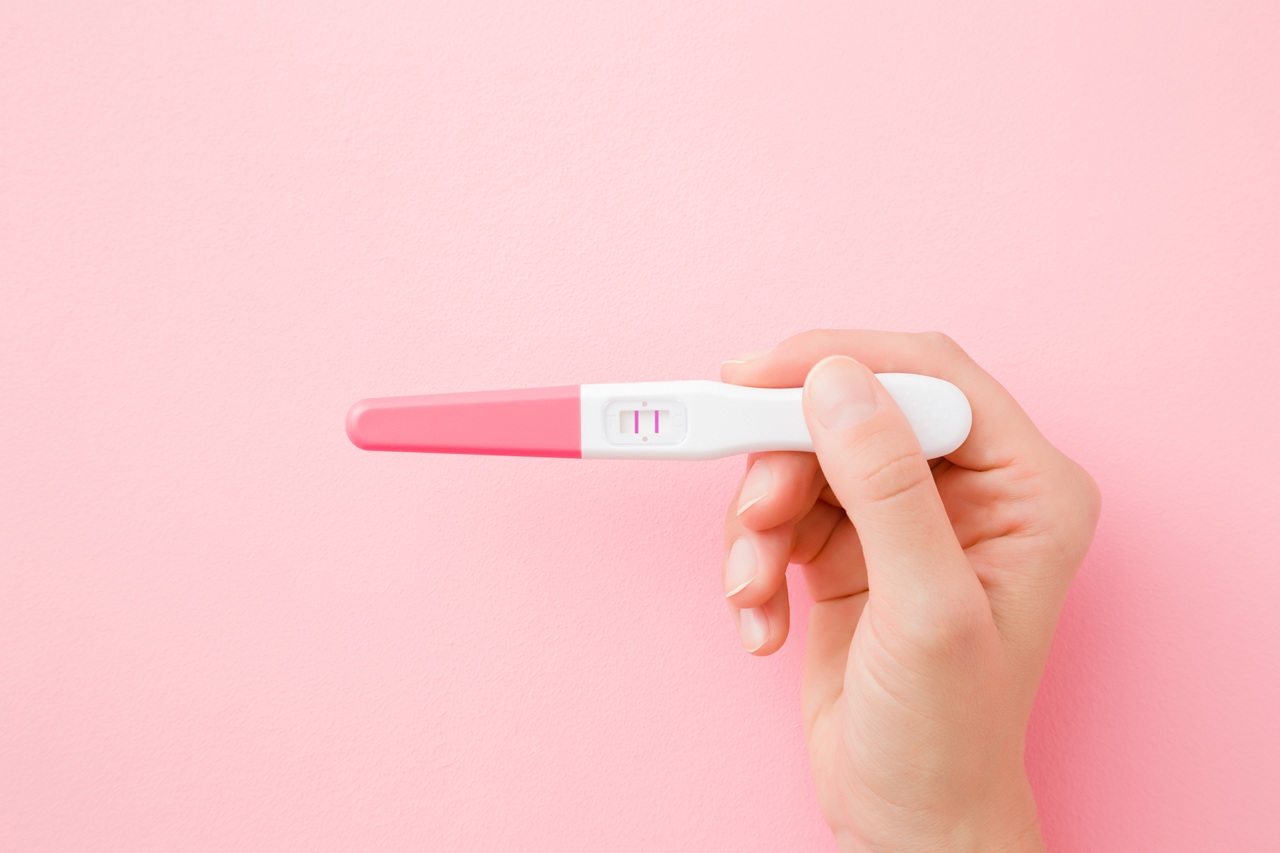How to Prevent High Blood Pressure During Pregnancy?

Pregnancy pulls the entire circulatory system into a different state. Blood volume rises fast, vessels stretch harder, and hormone levels shift every few days. The body is adjusting constantly, but it does not always keep up. When the pressure builds too much, you do not just feel off, you start seeing it in clinical data, swelling, and fetal behavior.
High blood pressure during pregnancy is not just uncomfortable. It limits how blood moves through the placenta. That directly affects fetal development, especially in the brain and kidneys where oxygen matters most. In severe cases, it pushes the system toward preeclampsia or organ damage.
No one can predict exactly when blood pressure will rise. But patterns exist, and biology does not keep secrets for long. The body warns before it fails. The key is paying attention early, not scrambling once the numbers spike in the third trimester. Let us understand more:
What the Body Is Actually Dealing With High Blood Pressure During Pregnancy?
People talk about high blood pressure like it comes out of nowhere, but nothing about it is random. The pregnancy journey rewires circulation, changes kidney function, and shifts how fluid is stored in tissue. Add stress, sleep issues, or poor nutrition and the numbers climb faster.
Three big shifts push blood pressure higher:
- Blood volume nearly doubles, making the heart work harder with every week that passes
-
Hormones meant to keep vessels soft sometimes fail, leaving them too tight and overreactive
-
Fluid retention increases, and the body struggles to keep pressure stable while handling the load
The body is doing the best it can with what it has. But when the system runs too fast for too long, blood pressure does not stabilize, it climbs.
What Helps Lower Risk of High Blood Pressure During Pregnancy Before It Becomes a Problem?
Forget soft advice. This is what biology needs when the blood vessels are carrying too much pressure:
Eat for Pressure, Not for Cravings
The placenta does not care about sweets or snacks. It needs steady minerals and low sodium. This is not about dieting. It is about not overloading a system already stretched by blood expansion and fetal demands.
- Use potassium-rich foods to support vessel relaxation, like cooked greens or sweet potatoes
-
Avoid foods where sodium hides quietly—pre-packaged sauces, snacks, and even bakery bread
-
Eat enough, but eat what helps blood move cleanly, not what spikes insulin or retains fluid
Track Your Numbers Before the Clinic Does
Waiting until your next appointment to see how your blood pressure looks is too late. If it climbs, it will not climb slowly. It may stay fine for weeks, then shoot up in days.
Use a basic cuff at home. Write the numbers down. Watch for changes, especially after meals or at night. Real patterns only show up when you see the full week, not one reading in a clinic hallway.
Move Even When You Do Not Want To
The blood vessels get tighter when you sit all day. The circulation slows, and pressure builds. Light movement helps more than most people think. This is not about workouts. This is about getting blood to move again.
Walk at a steady pace. Stand when you would usually sit. Use your legs to keep blood flowing. That movement does not just protect you, it keeps nutrients moving through the placenta to the fetus.
Stop Ignoring the Signs That Feel Small
Your body will tell you before something breaks. That is not a guess. That is years of physiology and hundreds of cases where people ignored what seemed like a minor headache or random swelling.
Pay attention if:
- You see swelling in your face or hands, even without heat or exertion
-
Your vision blurs or flickers suddenly after standing up
-
Your headache stays for hours, especially after meals or activity
These are not emotional signals. These are vascular reactions. They mean something, and they deserve a response now—not next week.
Use a Pregnancy Calculator to Know Exactly Where You Are
Blood pressure goals are not the same at week fourteen and week thirty-two. Your body is doing different things, and the fetus needs different levels of support. Knowing your gestational age exactly is not a luxury. It is a tool.
A pregnancy calculator helps your doctor time labs, track fetal development, and respond faster if something starts to change. It removes guesswork from the calendar, which keeps treatment grounded in biology, and not feelings or guesses.
Why Is This Not Just About the Mother?
High blood pressure during pregnancy changes the way oxygen reaches the fetus. It shrinks placental blood flow. That slows growth, restricts movement, and eventually affects how the fetal brain and kidneys mature. The pressure is not just on you. It is inside the umbilical cord. That is why keeping numbers steady is not optional.
When the system stays stable, everything works better. The placenta stays full. The kidneys keep filtering and the brain keeps growing without stress. That outcome is worth every small choice made early.









 Enquiry
Enquiry
 Email
Email Phone
Phone
 Whatsapp
Whatsapp